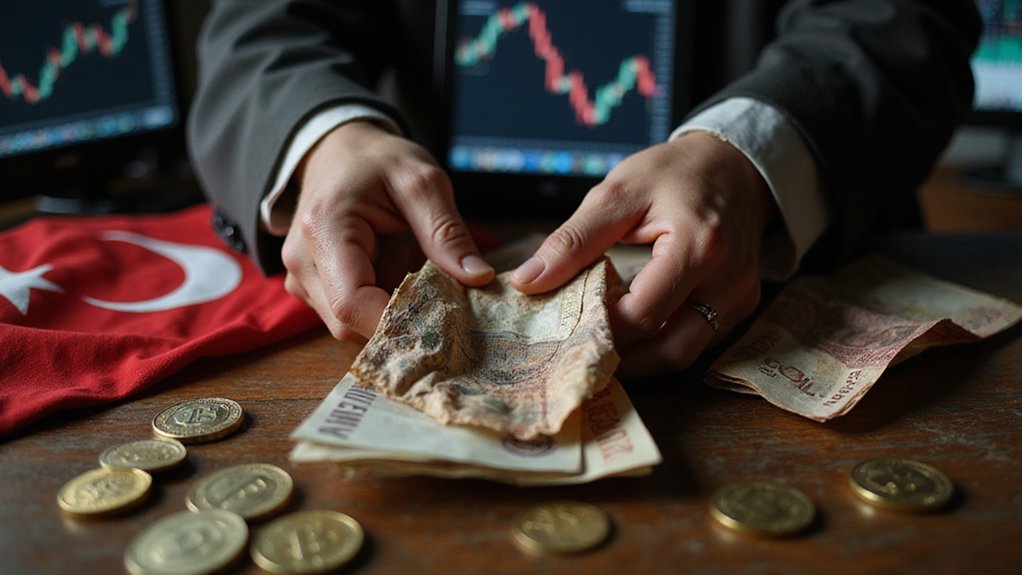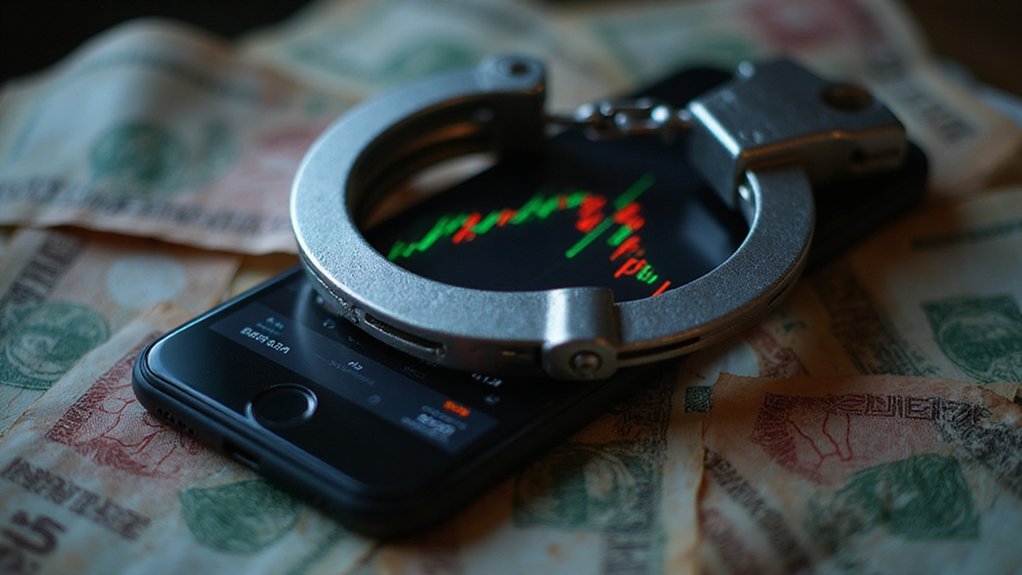While the Senate’s thorough crypto market structure bill represents a well-intentioned attempt to bring regulatory clarity to digital asset markets, Uniswap Protocol and its allies have mounted a formidable challenge against legislation they argue fundamentally misunderstands the autonomous nature of decentralized finance.
The crux of their opposition lies in what critics perceive as the bill’s misguided application of traditional market structure concepts to fundamentally different technological architectures. Uniswap operates through immutable smart contracts and automated market makers—a system that has facilitated over $3.1 trillion in cumulative trading volume across 166 million wallets without centralized intermediaries. The irony is palpable: lawmakers attempting to regulate entities that, by design, cannot be controlled by any single party, including their original creators at Uniswap Labs.
Senate Republicans, having released their extensive overhaul in July 2025, ostensibly sought to balance innovation promotion with consumer protection. Yet the DeFi community’s response suggests this balance remains elusive. The DeFi Education Fund’s formal feedback emphasizes the necessity for technology-neutral frameworks that preserve permissionless innovation while addressing legitimate security concerns—a delicate equilibrium that current legislative language apparently fails to achieve.
The fundamental tension emerges from applying centralized entity regulations to decentralized protocols. Uniswap’s governance structure, incorporating on-chain decisions by UNI token holders since 2020, operates within deliberately limited control parameters. How does one regulate something designed to be unregulatable? The question isn’t merely philosophical—it strikes at the heart of whether traditional regulatory frameworks can meaningfully address blockchain-native financial infrastructure.
Critics warn that the bill’s current framework risks driving innovation overseas, potentially surrendering America’s competitive advantage in blockchain technology. The Senate Banking Committee’s ongoing stakeholder feedback process suggests recognition of these concerns, though whether substantive modifications will emerge remains uncertain. DEF’s response, submitted through collaboration with leading DeFi builders, represents a coordinated effort to ensure developer protections remain central to any final legislation. The regulatory uncertainty surrounding smart contract classification and oversight adds another layer of complexity to an already challenging legislative puzzle.
The challenge posed by Uniswap and allies ultimately represents more than regulatory disagreement—it’s a fundamental clash between traditional financial oversight mechanisms and emerging decentralized architectures that operate according to entirely different principles.
The resolution of this tension will likely determine whether the United States embraces or inadvertently stifles the next evolution of financial infrastructure.








